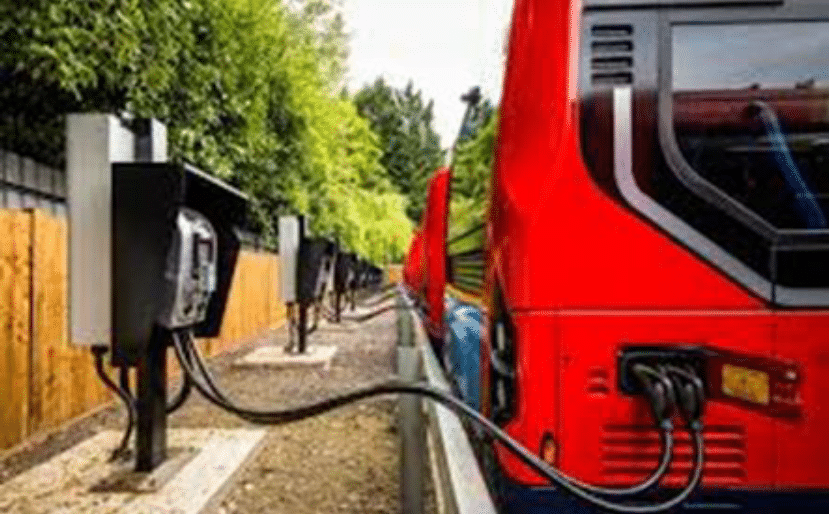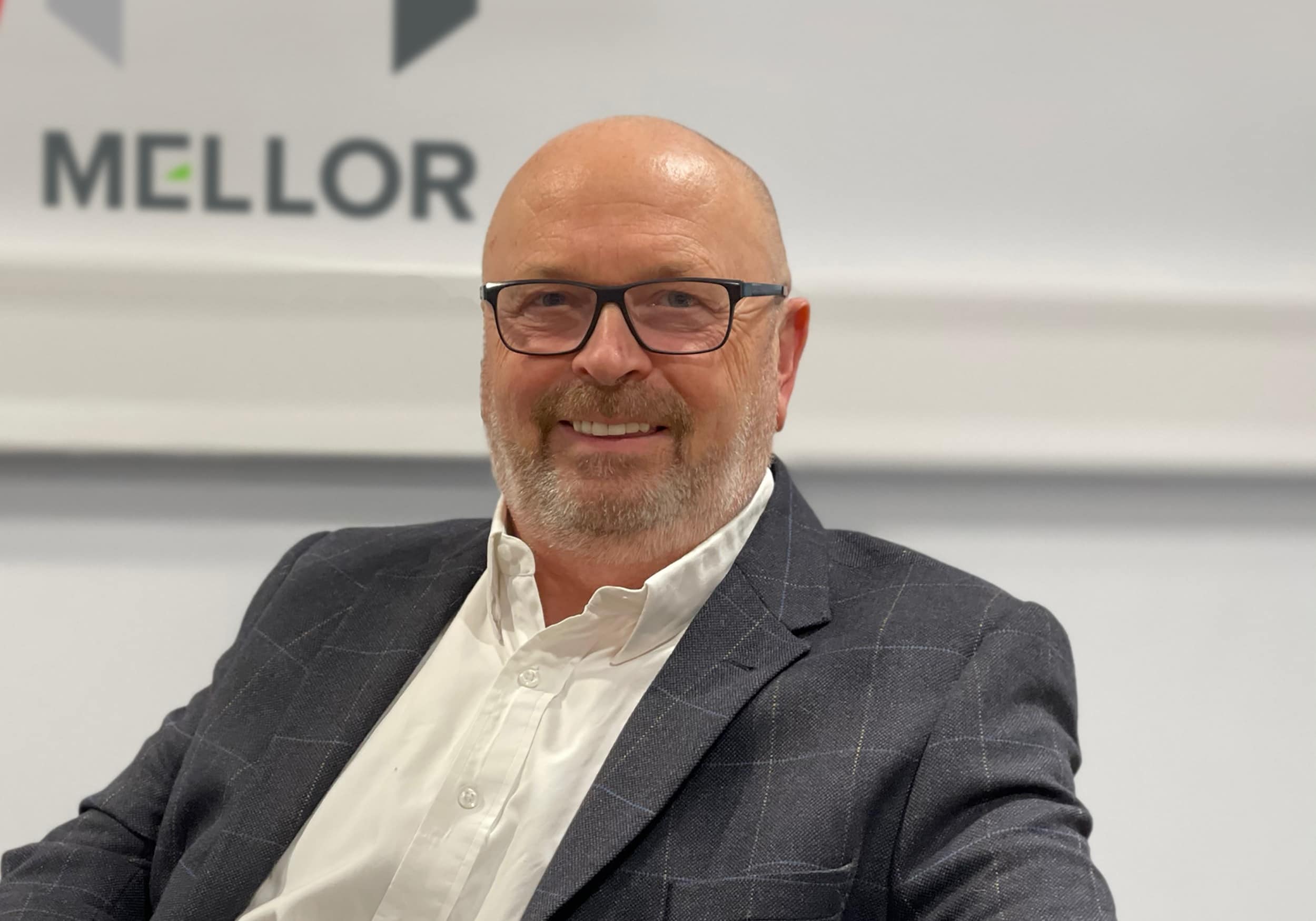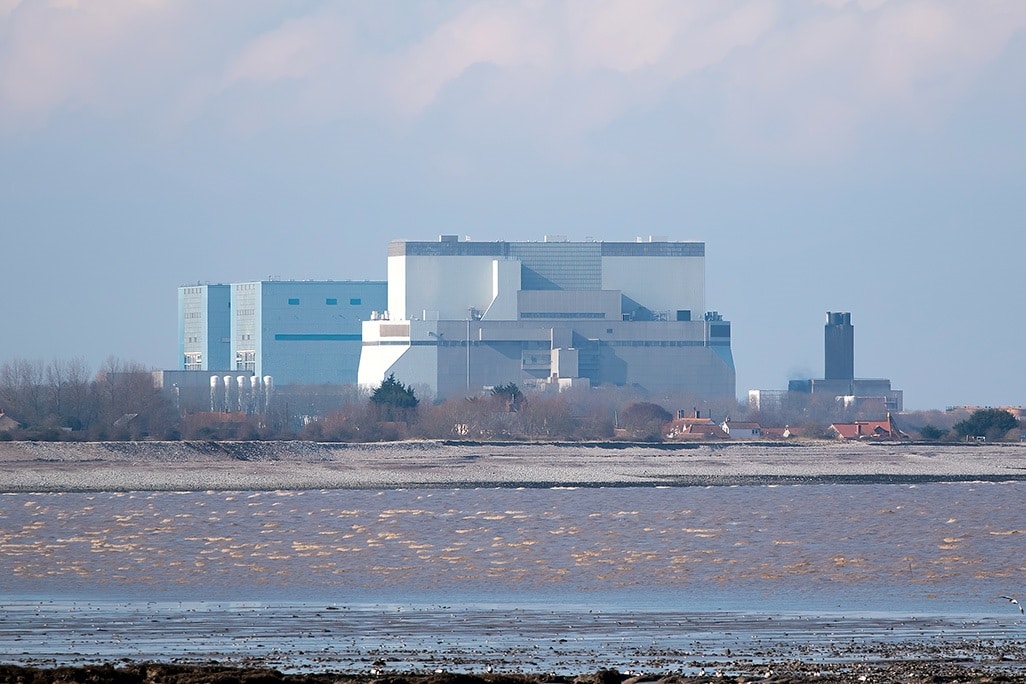On 14 July, the government published its long-awaited transport decarbonisation plan, which will have far-reaching long-term implications for the future of public transportation services across the country.
Alongside this, the government is undertaking a series of consultations to reform the bus operation landscape across England to make it compatible with the push towards net zero in 2050. This has come through funding for zero-emission buses through the Zero Emission Bus Regional Areas scheme, and to deliver the first all-electric bus network in a town or city in Coventry. The government has said that it is committed to providing funding support for the replacement of c.12% of England’s local bus operator fleet of over 38,000 buses, which although it will help to kick-start the industry on the way to net zero, still leaves nearly 90% of buses unsupported and bus operators needing to understand how best to navigate through the complex landscape for transport electrification while ensuring that passenger services remain of a high quality. Of crucial importance will be the timescale that the government sets for the phase out of sales of new non zero-emissions buses, where consultations are ongoing.

emissions from their fleets. Indeed, the UK’s electric bus fleet is projected to be the largest in Europe by 2024. This is supported by strong domestic manufacturing capability for zero emissions buses, particularly those powered by electricity. The UK’s domestic supply chain and manufacturing capability are only likely to strengthen in the coming years, as it has been reported that six companies are in talks with the government about building ‘gigafactories’ to service the growing demand for electric vehicles. To date, planning permission has been granted for Britishvolt to build a £2.6bn gigafactory in Northumberland on the site of the former Blyth power station, which is expected to open in 2023 and be capable of producing batteries to power 300,000 cars by 2027.
So, given the inevitable shift to zero-emission buses, the UK’s leading position in the global electric bus market and the strengthening domestic production and supply chain capabilities, where does this leave bus operators today?
ESP Utilities Group works with a range of bus operators to help them transition their fleet to electric buses in a straightforward and collaborative manner. As industry leaders in electric vehicle charging, ESP is ideally placed to help guide bus operators through a complex and often confusing landscape of transitioning their fleets.
For example, ESP offers a complete suite of support, starting with the ability to manage the connection process with the local distribution network operator, introduce bus operators to relevant technology providers and assist through the tender process, offering our best-in-class in-house expertise on land rights, and of course working with the on-site contractors to ensure that bus depots are electrified in an efficient and affordable manner. ESP already operates and maintains the electricity infrastructure serving bus depots across the country and has the experience to ensure that bus operators are on the road to net zero.
For more information contact Ken Morbey or Jamie Charles at ESP Utilities Group at either ken.morbey@espug.com or Jamie.charles@espug.com
Jonathan Ainley
Head of Regulation and Policy
ESP Utilities Group


























